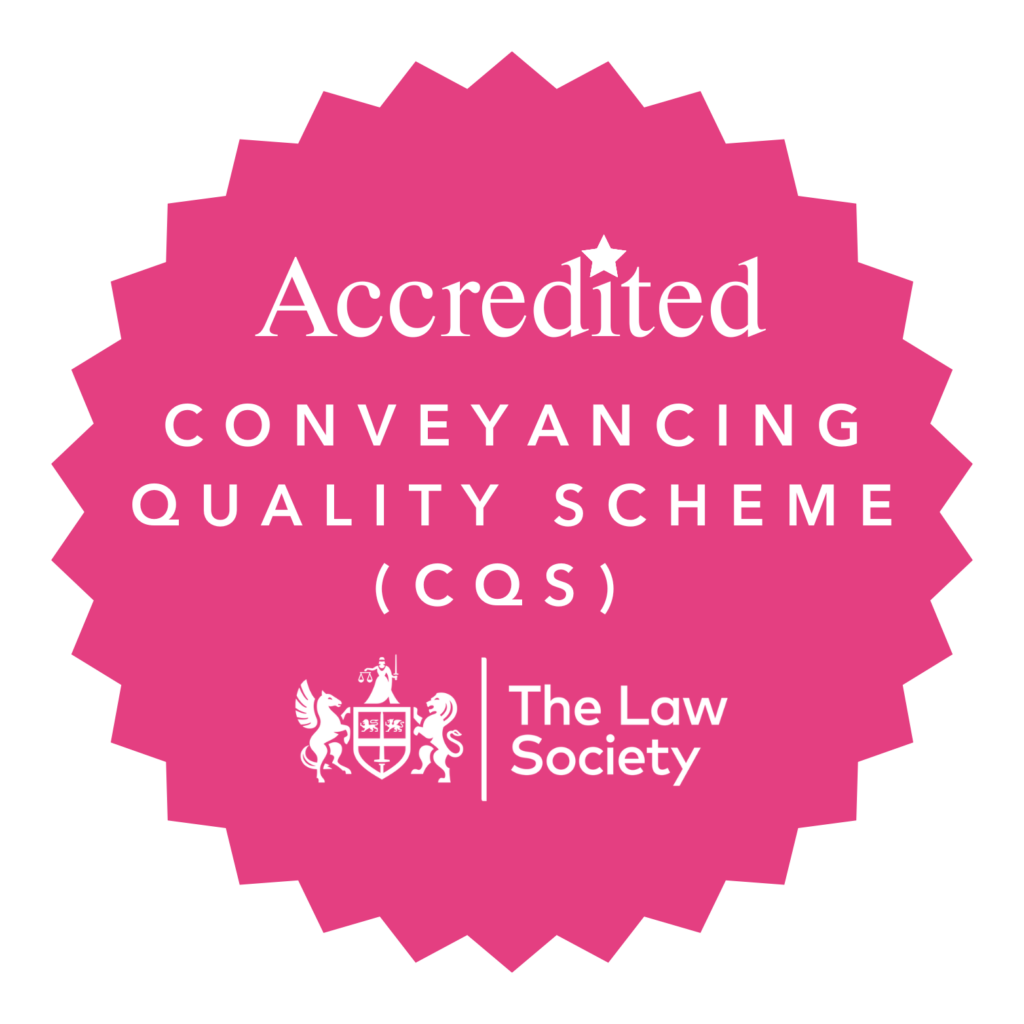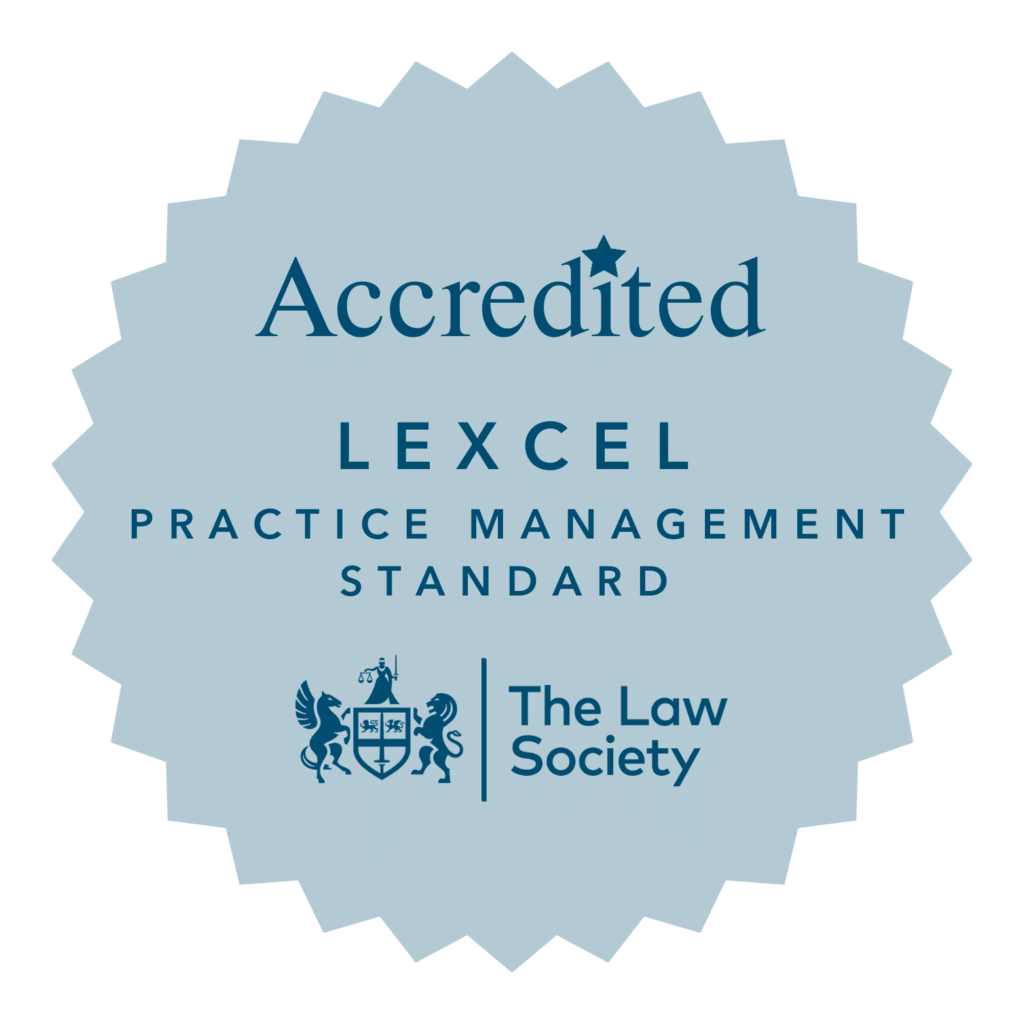Introduction
Lumine Solicitors publishes this update on a significant High Court decision that clarifies who may lawfully conduct litigation under the Legal Services Act 2007 (LSA). The ruling provides vital guidance for legal professionals, regulators, and clients concerned with litigation practice and compliance.
In Mazur & Stuart v Charles Russell Speechlys LLP [2025] EWHC 2341 (KB), the Court examined whether a non-solicitor employee at Goldsmith Bowers Solicitors was entitled to conduct litigation under supervision.
The full judgment can be accessed through the National Archives Case Law Database (Neutral Citation: [2025] EWHC 2341 (KB)).
Background
The appellants challenged proceedings on the grounds that a non-admitted fee earner had signed litigation documents.
- At first instance, the County Court lifted a stay and ordered the appellants to pay £10,653 in costs.
- On appeal, however, the High Court overturned that order, raising important questions regarding litigation conduct under the LSA.
Key Findings
Mr Justice Sheldon clarified the limits of who can conduct litigation:
- Employment does not equal authorisation
- Section 21(3) LSA defines regulatory scope but does not entitle employees to conduct litigation merely by virtue of employment.
- Only authorised or exempt individuals may conduct litigation
- Non-qualified staff cannot assume responsibility, even when supervised.
- Support vs. conduct
- Administrative assistance (e.g., preparing bundles, filing documents) is permitted.
- Issuing proceedings or signing pleadings must be done by authorised solicitors.
- Costs control confirmed
- For Intermediate Track cases, interim application costs are capped at £333 plus the application fee, unless exceptional circumstances apply.
- For Intermediate Track cases, interim application costs are capped at £333 plus the application fee, unless exceptional circumstances apply.
Regulatory Position
The Solicitors Regulation Authority (SRA) and the Law Society of England and Wales both intervened.
Their joint position was clear:
- Non-admitted staff may assist authorised solicitors.
- Only qualified and authorised individuals can formally conduct litigation.
Implications for Practice
This judgment has important implications for both the legal profession and clients:
- For law firms
- Compliance procedures must ensure that only authorised solicitors conduct litigation.
- Delegation of work must remain within the statutory framework of the LSA.
- For clients
- Assurance that litigation will be conducted by authorised and regulated professionals.
- Reinforces confidence in the fairness and integrity of the legal process.
- For the wider profession
- Reaffirms statutory limits around reserved legal activities.
- Clarifies the role of support staff versus qualified solicitors.
Lumine Solicitors’ Perspective
At Lumine Solicitors, we are committed to highlighting key developments from the courts that shape the legal profession.
This High Court ruling:
- Strengthens public confidence in the justice system.
- Reaffirms the principle that reserved legal activities—including the conduct of litigation—remain the sole responsibility of authorised solicitors.
For further advice on compliance with the Legal Services Act 2007 and the conduct of litigation, please contact our specialist team at Lumine Solicitors.
Case Citation:
Mazur & Stuart v Charles Russell Speechlys LLP [2025] EWHC 2341 (KB)




